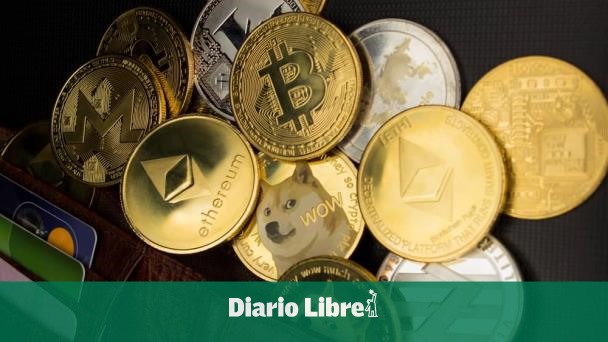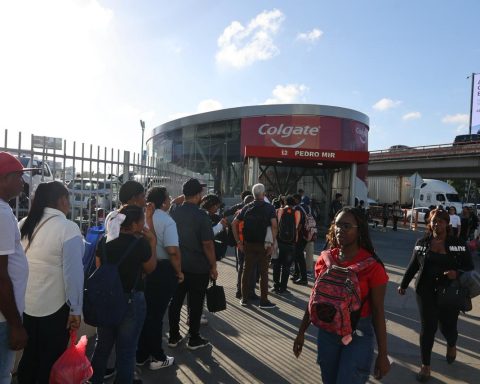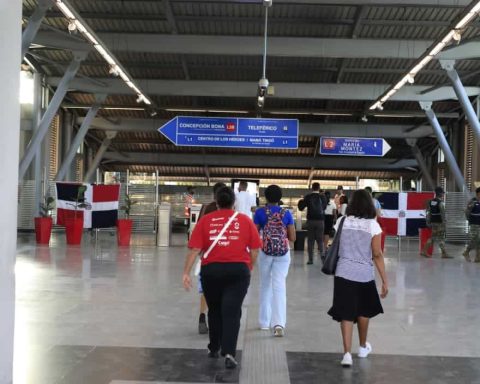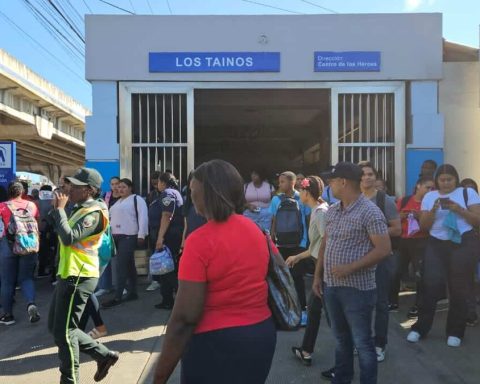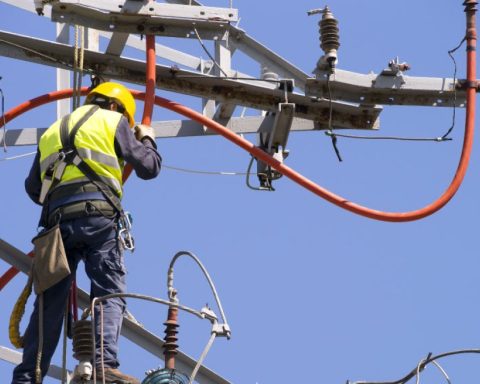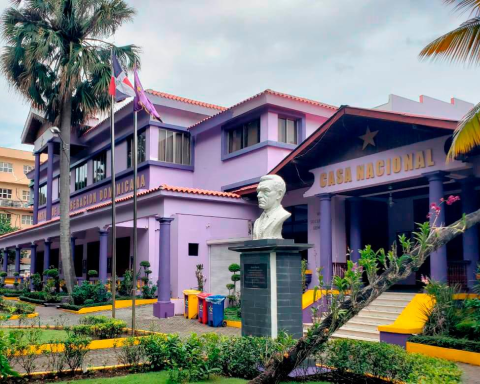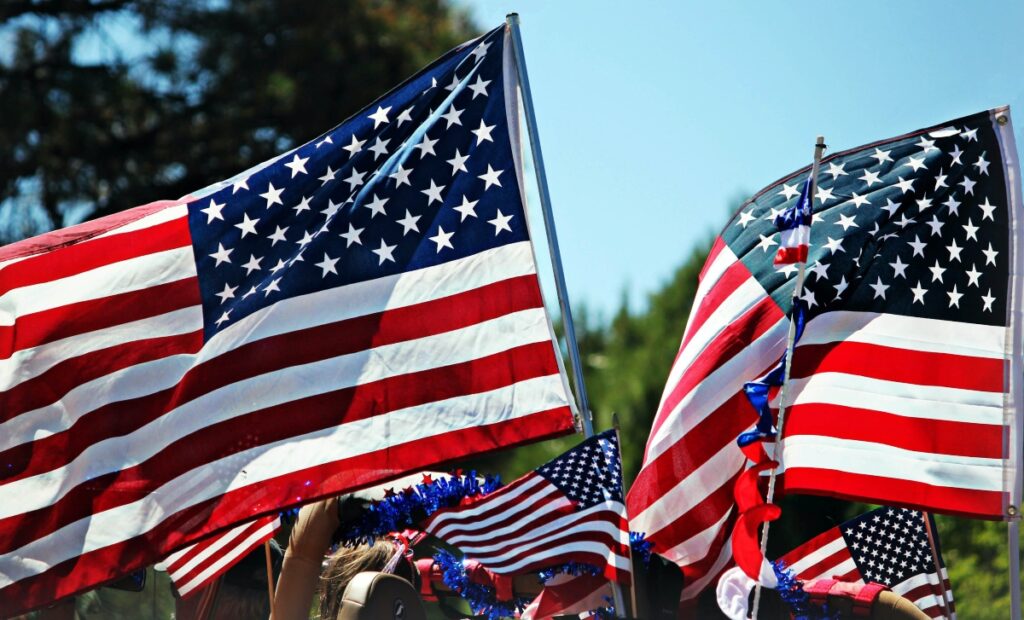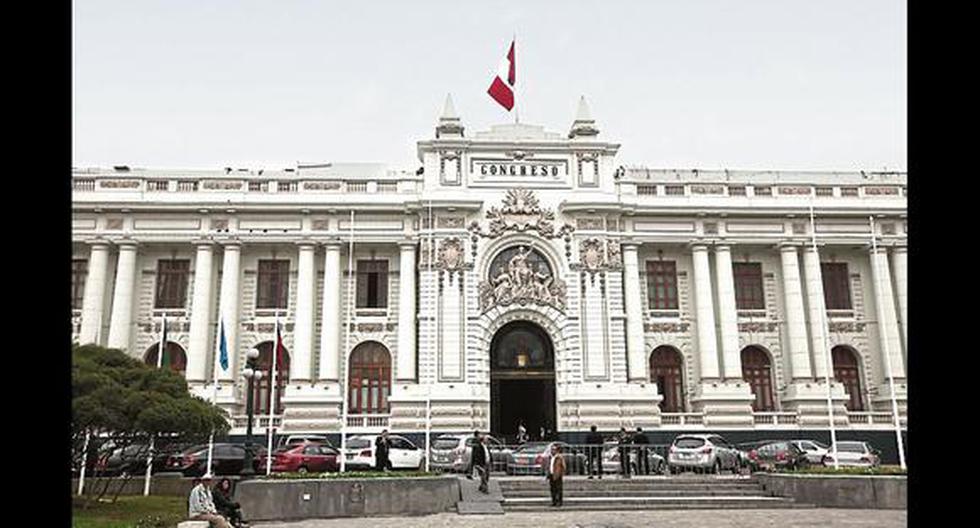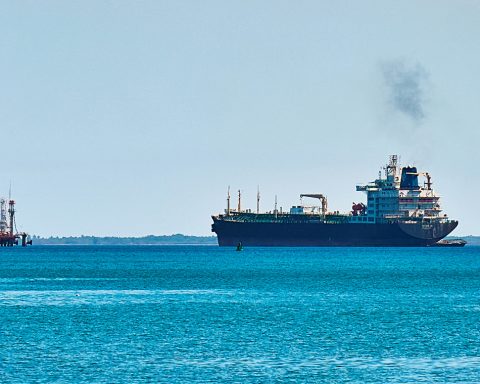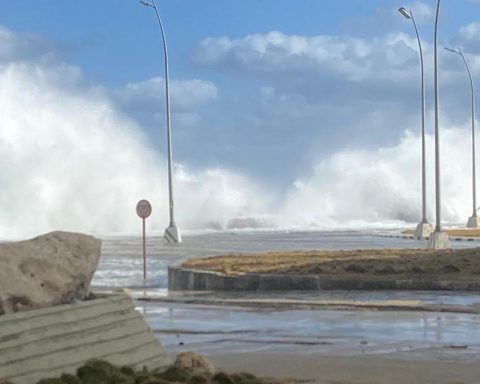The Central African Republic (CAR) yesterday launched its first cryptocurrency with the name “sango”, after becoming at the end of last April the second country in the world and the first in Africa to adopt bitcoin as legal tender, along with the CFA franc.
“It is a historic moment, the dream of a president for the reconstruction of the Central African Republic. cryptocurrency it is revolutionary. It will democratize democracy,” said the country’s president, Faustin Archange Touadéra, in a virtual presentation that took place yesterday.
The president intends that the new digital currency will allow the country’s natural resources to be valued.
In May, a month after the adoption of bitcoin, a group of international experts was invited to the country to participate in a debate on the introduction of the cryptocurrency in the national economy.
On September 7, El Salvador became the first country in the world to adopt bitcoin as legal currency, along with the US dollar.
The International Monetary Fund (IMF) urged the Central American country, governed by President Nayib Bukele, to “eliminate the quality of legal tender” of bitcoin and expressed its “concern” about the issuance of bonds backed with the cryptocurrency.
The financial institution has also shown concern after the decision made by the Central African government.
The CAR, whose economy relies heavily on mining, has suffered from systemic violence since late 2012, when a coalition of Muslim-majority rebel groups – the Séléka – seized the capital, Bangui, and toppled President François Bozizé after ten years. of Government (2003-2013), starting a civil war.
As a resistance against the Séléka attacks, anti-Balaka Christian militias were formed which, like the first group, ended up divided into various armed factions.
Shortly before the presidential elections of December 27, 2020 -which the opposition asked to annul after not being able to open more than 40% of the voting centers due to insecurity-, several armed groups came together to form the Coalition of Patriots for Change (CPC), which tried to take the capital in January 2021.
In October of that year, Touadéra declared a unilateral ceasefire with the aim of facilitating the national dialogue.
Despite these advances, two thirds of the country -rich in diamonds, uranium and gold- are still controlled by militias and, according to the UN, some 692,000 people are internally displaced.
